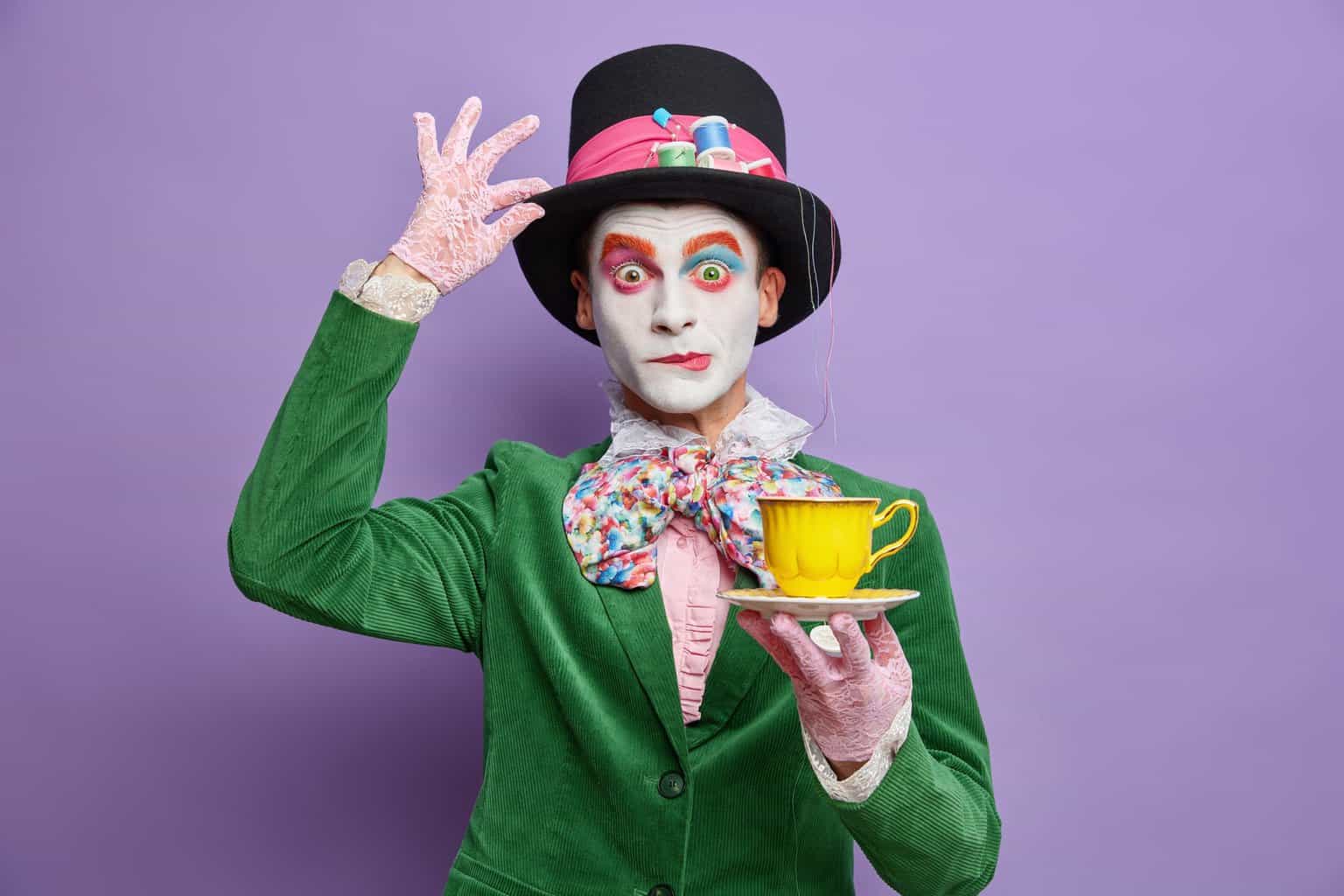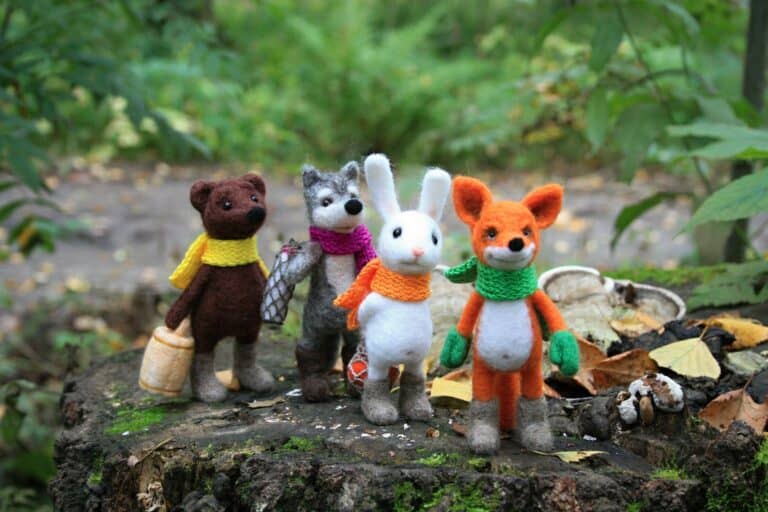We may receive a commission when you make a purchase from one of our links for products and services we recommend. As an Amazon Associate we earn from qualifying purchases. Thank you for support!
Wondering just what a protagonist means? Today we’ll look in depth at what a protagonist is and isn’t.

Webster’s defines the term Protagonist as “the principal character in a literary work (such as a drama or story)”, insofar as literary texts are concerned.
In short, it’s the main character of your fictional work, or the central figure of your non-fiction. So, there we are. End of discussion, right? Wrong!
The protagonist is the center of all action in a story. Without them, there is no story at all. So, what makes the protagonist what they are? Let’s start by setting down the things the protagonist is not.
You, the writer, are not the protagonist

There is an urge every writer feels – to include themselves in the story. We are, after all, the protagonists of our own lives. Our actions and the motivations behind them propel our stories forward in time, space, and spirit.
We are the lead character with which we are most familiar, so it stands to reason that the easiest way to build a protagonist is to project ourselves into the story. Don’t fall into this temptation – it’s not just cheating, it’s bad form for fiction. There is plenty of room in the halls of essayists and autobiographers for putting yourself and your thoughts in front of an audience.
When writing fiction of any length, do your best to keep yourself in the background. Your voice as a writer will come through your language, and your values will be present there as well.
The protagonist isn’t always the good guy…

Pick a Clint Eastwood movie. Just about any of them. Dirty Harry. The Good, the Bad, and the Ugly. The Outlaw Josie Wales. The parts Eastwood plays are protagonist roles – but he’s hardly a good guy, or a hero.
The anti-hero is not a new phenomenon, but it’s one that’s held dear for many reasons. People use writing for many things, but the most common is to explore facets of the human condition that are either plagued with mystery or require a deal of unpacking to understand.
Writers started making anti-heroes because art reflects life, and the artists were beginning to realize that the defining line between what’s good and what’s evil is hardly ever distinct.
Your protagonist might be as wholesome as sliced bread, but there is a much better chance that they are as flawed and problematic as any other regular person in the world.
A drug dealer who wants out of the game but keeps falling back in, an addict who keeps trying and failing at getting their life together and damages the lives of those they care for; victims, users, losers, and so on. Your protagonist need not be a knight in shining armor.
The protagonist isn’t perfect
Even if your protagonist is a literal knight in shining armor, the protagonist always needs to be flawed in some way. Part of their motivation – and, I should think, part of our motivation as writers and people in general – is to become better than we are. The external conflict of the story, then, isn’t enough.
The protagonist needs some inner turmoil rolling around under their skin to battle. A cop who struggles with addiction. A teacher with anger management issues. A community activist who turns a blind eye to where donations come from.
Flaws adds realism and depth to the character, making them multidimensional beings with lives of their own instead of cardboard finger puppets.
Now that we’ve talked about what a protagonist is not, let’s talk about some other things that make a protagonist stand out.
The protagonist is the central figure of your story

Not only is your protagonist the center of the world of your story, they are the driving force behind its forward momentum. They are what gets you from plot point A to point Z with all the B’s, C’s, and D’s in the middle.
For the story to work, you have to focus on one voice as primary, and their focus should be maintaining the tempo of action necessary to consummate the story’s inevitable conclusion.
Are there other characters that play a pivotal role in the protagonist’s life and the life of the story? Absolutely, and they are almost as important as the protagonist in many ways. But your protagonist is always the one in the driver’s seat, even if they need to stop and ask for directions from time to time. {See related post: Main Characters vs. Supporting Characters}
The protagonist is always active

It’s true. Things happen to the characters in your story. But for your story to move forward, and your main character to do their job, it is necessary for the balance of action to be them happening to the world around them. Your main character cannot be stationary.
If they don’t move, neither does the story. Remember to maintain active voice throughout the entirety of your writing – if your narration is active, your protagonist will be active, and your story will continue moving in the right direction.
But don’t forget, the protagonist’s actions are always done for a reason. You wouldn’t rip all the grass out of your yard just to do it, right? Same reasoning applies here. There must be a reason for every action the protagonist takes. It doesn’t always need to be a good reason, but the thought has to be there.
There is another reason why your protagonist needs to stay on the active side of things. It’s good writing.
When your protagonist acts, and does so according to whatever code of morals to which they subscribe, your story will present opportunities to show what your character is like – which is great, because telling is cheating.
If you are writing your characters well, you will never have to explain their personalities. It will show in their actions and reactions to the goings-on of the world around them. Having a scene where your main character volunteers in a soup kitchen does more than just saying they have a generous nature and spend lots of time working with charitable organizations. Like in the real world, talk is cheap.
If you want your readers to know, show them!
The protagonist is who they are
If you make a protagonist that is an anti-hero, forcing them to play to a code that sits outside their reality is going to make your writing feel forced.
The whole idea of suspension of disbelief hinges on the personalities within your story, which is why we can immerse ourselves in the most unrealistic of fantasies, but gladly let down the filters our minds construct in order to distinguish reality from fiction.
It isn’t the settings, the magic, or even the prose. It’s the personae that populate your story that make it believable, and the protagonist is the most important part.
Do you have any questions about what a protagonist is and isn’t? Share your thoughts in the comments section below!






